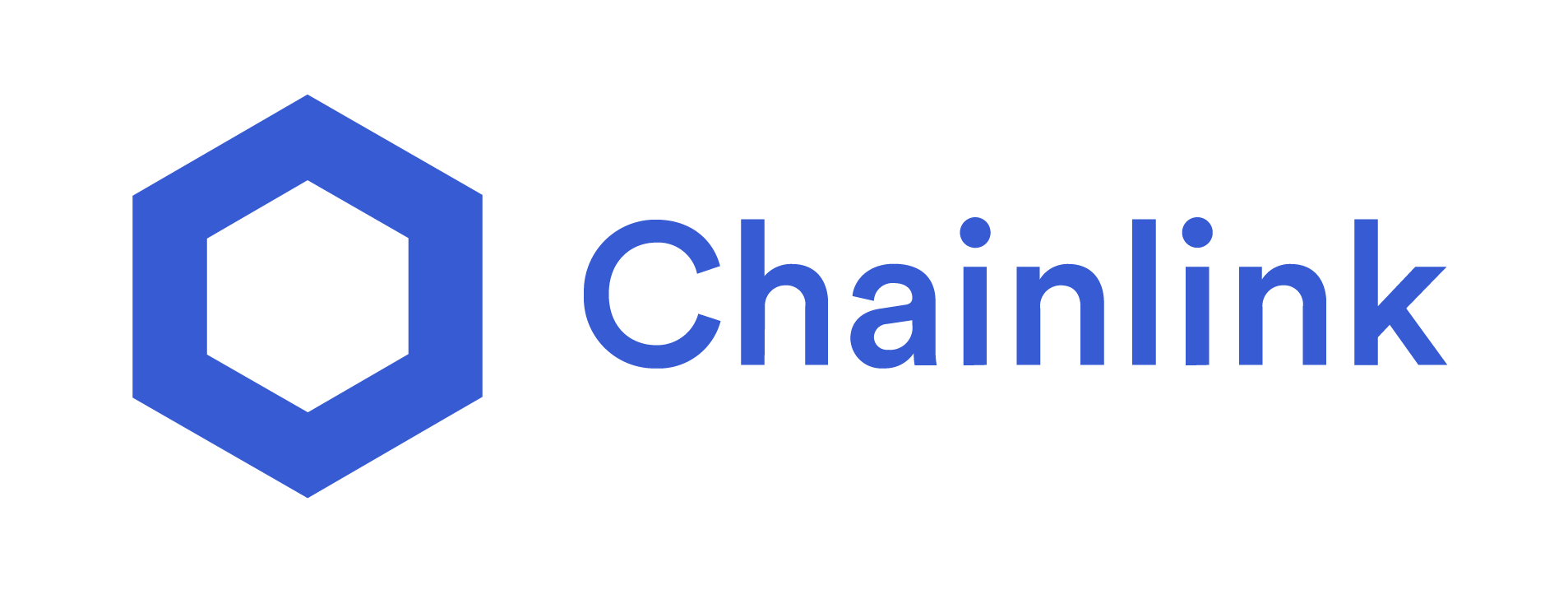Key Takeaways:
- First blockchain-based, cross-chain trade finance experiment between BCB and HKMA.
- Supports programmable DvP/PvP transactions and tokenized real-world assets.
- Reduces settlement risk, operational overhead, and opens international trade opportunities for SMEs.
- Expansion planned for additional trade finance use cases and broader interoperability.
Banco Inter, in partnership with Chainlink, has completed a landmark blockchain-based trade finance experiment connecting the Central Bank of Brazil (BCB) and the Hong Kong Monetary Authority (HKMA). This initiative allows businesses to conduct conditional installment payments for imports using digital currencies or tokenized reserves. The pilot marks the first time a blockchain-based title registry and cross-chain payment infrastructure were linked in a fully automated workflow.
Unlocking SME Access to Global Markets
The project, involving Standard Chartered, Global Shipping Business Network (GSBN), and 7COMm, enables small and medium-sized enterprises (SMEs) to sell commodities abroad with lower costs, reduced operational risk, and faster settlement. Phase 2 of Brazil’s Drex CBDC initiative tested programmable Delivery-versus-Payment (DvP) and cross-border Payment-versus-Payment (PvP) transactions, providing instant liquidity through tokenized real-world assets and automating title transfers via smart contracts.
Also Read: ECB Rate Cut Ignored by Crypto Markets as Europe Loses Global Influence
Chainlink-Powered Cross-Chain Infrastructure
Two key Chainlink technologies drove the experiment’s success. The Chainlink Runtime Environment (CRE) connected Brazil’s Drex platform with Hong Kong’s Ensemble Network and the trade finance platform, orchestrating settlement instructions across multiple networks. Meanwhile, the Chainlink Cross-Chain Interoperability Protocol (CCIP) ensured secure, real-time communication and automated synchronization of contract execution and fund releases. The result is a streamlined, compliant, and transparent cross-border settlement process.
Also Read: Chainlink (LINK) Price Risks Drop to $12 as $14.25 Support Faces Bearish Pressure
Real-World Benefits and Next Steps
This automated solution reduces banks’ operational overhead, enhances risk management, and allows export and shipping companies to release payments as goods are delivered, improving supply chain agility. SMEs gain faster access to international markets and secure credit lines through tokenized commodities. Building on this success, the project will expand to additional use cases, including open account trade, broader API integration, and interoperability with other eBL providers.
The Banco Inter and Chainlink collaboration sets a new standard for global trade finance. By combining blockchain innovation, cross-chain automation, and real-world asset tokenization, the project empowers SMEs, streamlines operations, and lays the foundation for the future of international commerce.




